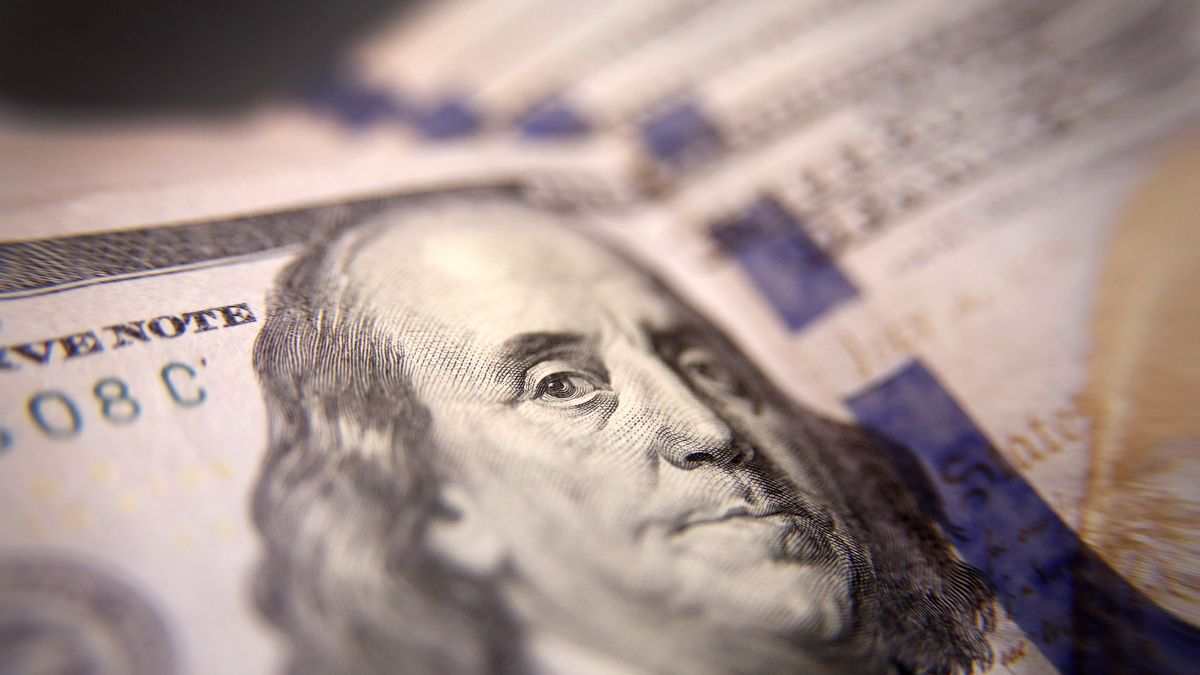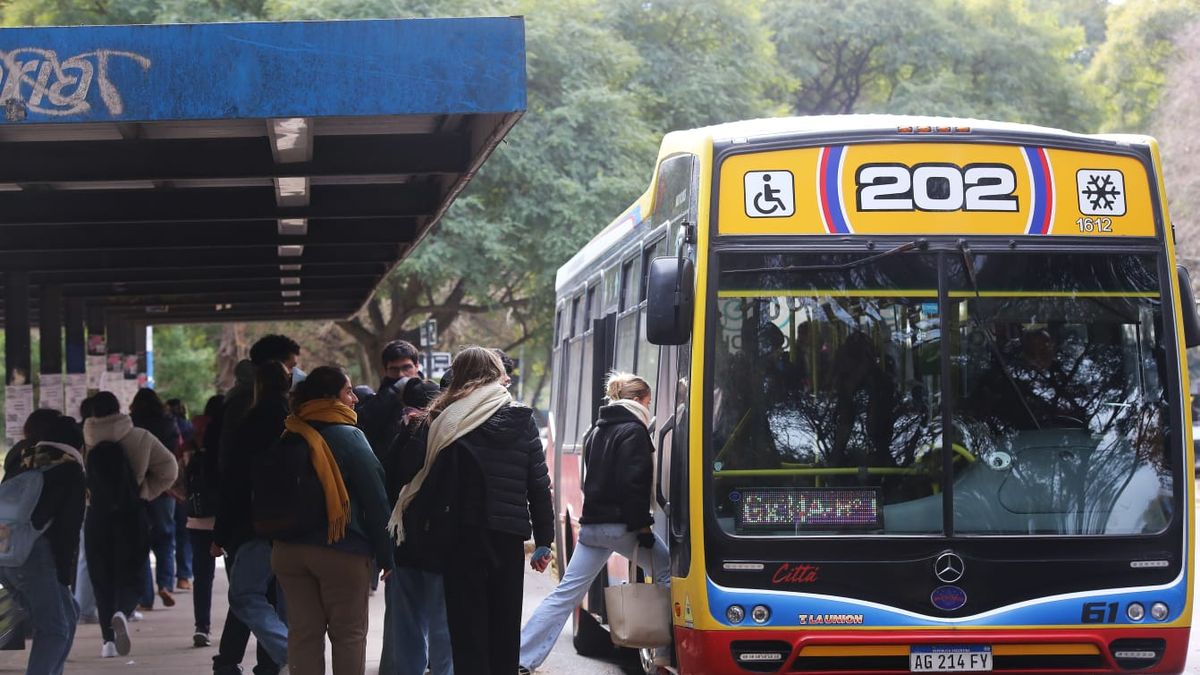The period of comparison, 2018, was a turning point for the government of Mauricio Macri, because it was left without external financing when external conditions changed after the triumph of Donald Trump, to which was added the drought that caused a drop in income of u $s8,000 million. Then came the adjustment after the agreement with the International Monetary Fund (IMF).
The LCG report states that “despite observing a high level of export settlements and a Merchandise surplus of US$9,645 million, this is not enough to compensate the deficit of the Services balance which adds up to US$6,047 million and interest for US$4,158 million”.
This year the current account had deficit of US$471 million in January and US$476 million in February. Then it posted a surplus in March of $486 million; in April, of US$276 million; in May, of US$484 million; and in June, of US$522 million.
In the markets they consider that the Minister of Economy, Sergio Massa, has to quickly reverse the red result, because if he does not obtain financing, heThe alternative is to cover the external deficit with reserves from the Central Bank.
Analyst Christian Buteler pointed out to Ámbito that a large part of the red in the current account is due to energy imports and therefore considers that “To the extent that this subsides due to the progress of the summer, “it should improve a little”.
“You have to keep in mind that there will be an income from the IMF for approval of the goals and with this it is likely that it will return to the top,” he recalled. By case, Between January and July, the so-called Capital and Financial Account registers a surplus of US$809 million, which is achieved thanks to disbursements from the Fund and other organizations that contributed US$4,176. million, which manage to cover debt payments for US$3,272 million and the sale of dollars for hoarding for US$602 million.
As Buteler explained, the problem that Argentina has is that if the account deficit is maintained, it has no way of financing it. “Either imports are cut, something that is already happening, or we have to devalue,” he said. For the analyst, the basic problem has to be solved with a unification of the exchange rate. In that sense, he believed that in his opinion the government wants to first order the macro and then move forward in that direction, with a more orderly context. The economist considered that in September it is likely that the current account will be in the green again. To do this, he considers that Massa would have to “accelerate disbursements from agencies”, which are delayed.
Instead, Jorge Colina, head of the Institute for Argentine Social Development (IDESA), assured that, if the current account remains in deficit, “it puts greater pressure for a devaluation”.
“The current account can remain negative as long as the private sector puts in dollars from abroad, either through savings or through debt,” explained Colina, who indicated that “since the private sector does not bring in dollars, the deficit must be financed with reserves.”
Source: Ambito
David William is a talented author who has made a name for himself in the world of writing. He is a professional author who writes on a wide range of topics, from general interest to opinion news. David is currently working as a writer at 24 hours worlds where he brings his unique perspective and in-depth research to his articles, making them both informative and engaging.




